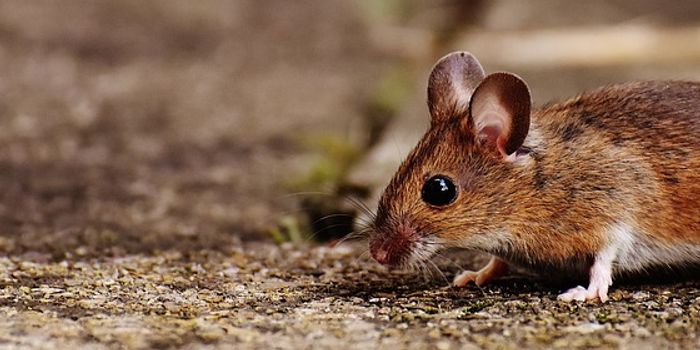Compound in African Buttercup Plant Alleviates Malaria Symptoms
Malaria is a febrile disease spread by parasite-infected mosquitos, which causes flu-like symptoms that can often be deadly. Last year, there were an estimated 240 million cases of malaria and about 627,000 deaths, according to the World Health Organization. Africa, specifically, is home to more than 90% of both cases and deaths caused by malaria.
The Ranunculus multifidus plant (a type of buttercup flower), commonly found and used in Africa, has been a common way to treat and manage malaria illness. The leaves are usually steeped in water, like tea, and drunk. However, up until now, researchers didn’t have a firm idea about what exactly in the plant offered the beneficial health properties.
A new study published in Molecules details attempts to better understand the compounds in the flowering plant to pinpoint its therapeutic mechanism of action.
Researchers created extracts from the plant, which contained a compound called anemonin. Then, researchers infected mice with the Plasmodium berghei parasite, which causes malaria (the team ensured that the treatment of mice followed international standards). Mice were then treated with chloroquine, a common drug used in the treatment of malaria, and the plant extracts.
Findings from the study suggested that while not as effective as chloroquine in the treatment of malaria, anemonin in the buttercup plant did have some positive results on infected mice, such as milder fever.
These findings hold promise for the future of malaria treatment. While chloroquine is the standard for malaria treatment, it’s become less effective on the Plasmodium berghei parasite, which has become more and more resistant. Currently, the Centers for Disease Control believe that two of the four parasites known to cause malaria have developed some kind of resistance to chloroquine treatment, highlighting a need for new therapies.
While anemonin seems to work in a similar way to chloroquine (through affecting the parasites metabolism) and could offer a way around Plasmodium berghei parasite resistance to chloroquine, more research is needed at this time.
Sources: Eureka Alert!; Molecules; WHO; CDC








